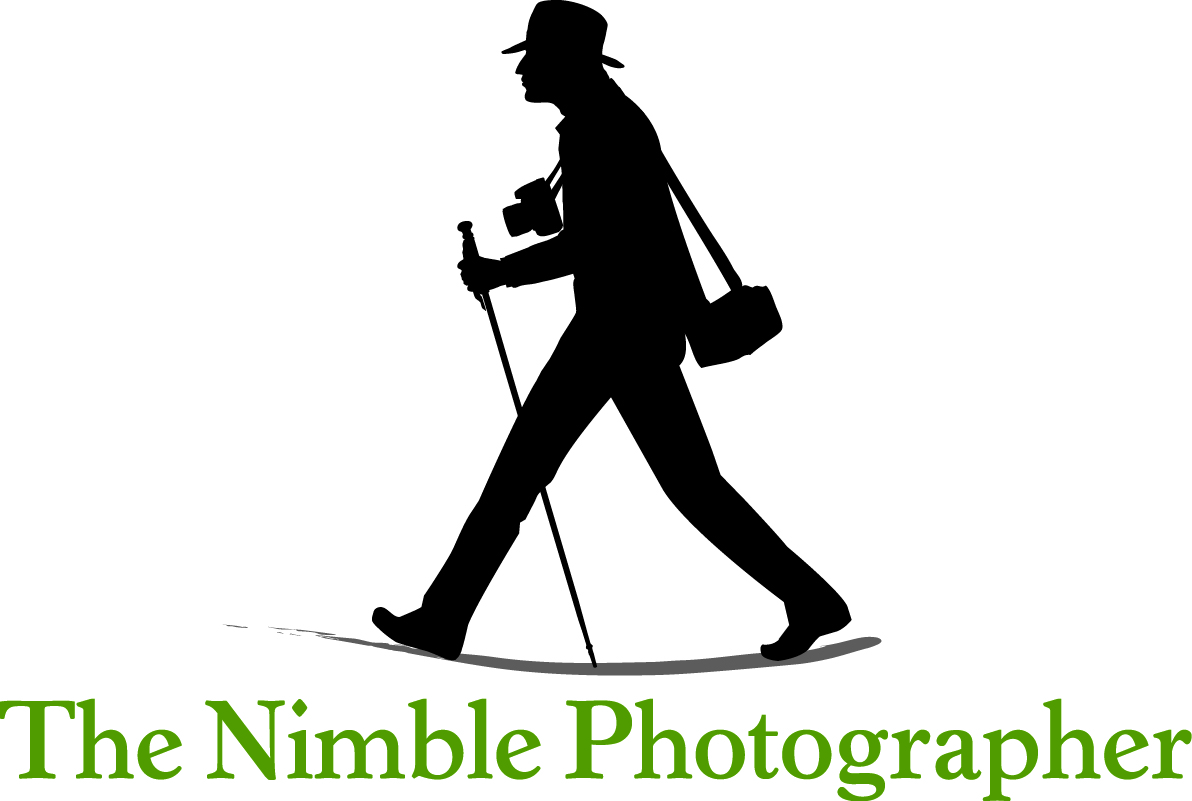Because I follow industry news daily, I have a pretty good eye for deals.
I've had scores such as the Canon S110 for $199 and the Samsung NX3000 with power zoom lens for $289. Those purchases feel great, especially after the price escalates again when the special offer expires.
But I've had my share of misses too. And those hurt. For example, In April, Olympus was offering the premium kit version of its OM-D E-M10 for $875. It included the body with a special leather texture, a $300 power zoom lens, leather neck strap, and commemorative lens cap.
Considering that the standard body alone was selling for $699, and the premium kit had been $1,250, I considered this a deal and bought it. I absolutely love the camera and have already taken many beautiful shots with it.
My enthusiasm was dampened a bit last weekend when Olympus dropped the price $200 on the very same kit that I had just purchased. It is now available for $675 (which is a steal, BTW). The reduced price for the E-M10 was also available at many online retailers.
At first, I said to myself, "That's the way it goes sometimes." Purchasing technology is always a dicey affair. I know people ask me frequently, "Should I buy now, or wait for the next model." The real answer is, nobody knows for sure. My general rule of thumb is, do your research and purchase when you need the item. Beyond that, it's mostly luck.
But for some reason, this price drop bothered me. $200 is a lot of money, and just a few weeks after my purchase. One of our other virtual camera club members, John, had a similar dilemma with his purchase from B&H. He wrote me:
"Great B&H story for you. I was so impressed by the E-M10 body you showed me in SF that I ordered one from B&H (linked from TDS!) - just 3 days before a 25% price drop. I figured that if you don't ask you won't get, and shot off a note to customer service. Within an hour a refund was in process for the difference between the $599 and $449. B&H has a customer for life."
And you know, he's right. It can't hurt to ask. So in the same spirit, I sent off a note to Olympus customer service asking if there was anything they could do for me. They replied right away asking for my order number so they could look in to it. I'll post a comment on the outcome as soon as I hear back. Regardless of what happens, I feel better for asking about it.
My bottom line here is this: On the whole, smart shoppers who do their research will save many dollars over those who impulse buy. But if you do experience a price drop just a few weeks after a purchase, write a polite note asking if anything can be done.
You never know. They may surprise you.
-Derrick
